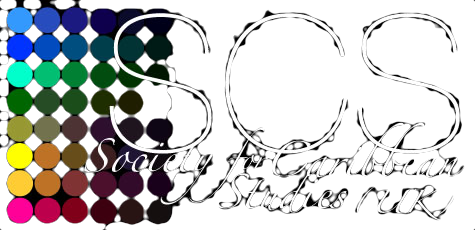
DaCosta, Morgan
PhD candidate in International Relations @ University of Oxford
Bio
Morgan DaCosta is a doctoral candidate in international relations at University of Oxford. Her DPhil research draws on archival resources to produce a genealogy of policing from the end of British slavey in 1838 until the early 21st century in Jamaica and Trinidad. She conceptualizes police power as a form of reiterative violence used to reproduce slavery-era and colonial social order in postcolonial former slave societies. Previously, she worked for Human Rights Watch researching abuses by security forces and human trafficking in the Sahel, and was a Fulbright scholar in Senegal examining urban women’s political activism. She holds a Bachelor of Arts from University of Illinois at Urbana-Champaign, and an MPhil from the University of Oxford Department of Politics and International Relations.
Geographical location : Oxford, UK
Research Area and Interest : legacies of British Caribbean slave societies, Elsa Goveia, police enforcement of historical racial hierarchies
Social Media
Panel(s)
- Summary:
Presentation(s)
- Summary: Existing historical scholarship has documented the colonial development of racially stratified social order across slave societies in the British Caribbean. However, research is limited on the ways in which elements of racial hierarchy perpetuated in slave societies persist in modern post-colonial contexts. This research builds towards a genealogy of policing from the end of British slavery in 1838 until the late 20th century in Jamaica and Trinidad to argue that police power in post-slavery Caribbean contexts serves to reiterate the race/color/class hierarchy on which slave societies were founded. Drawing inspiration from the work of Elsa Goveia, the study uses archival sources to conceptualize police power as reiterative violence reproducing slavery-era and colonial order in postcolonial former slave societies. The study examines police discipline of the political and cultural resistances of Afro- and Indo-Caribbean people as a project of maintaining white supremacist imperial order and regulating citizenship in the Anglophone Caribbean. In particular, the study focuses on police use of force, surveillance, and the policing of culture and national identity through the advent of bourgeois creole nationalism to shed light on how the norms of the slave society survived abolition and continue to impact policing and social conditions in contemporary Anglophone Caribbean societies.
